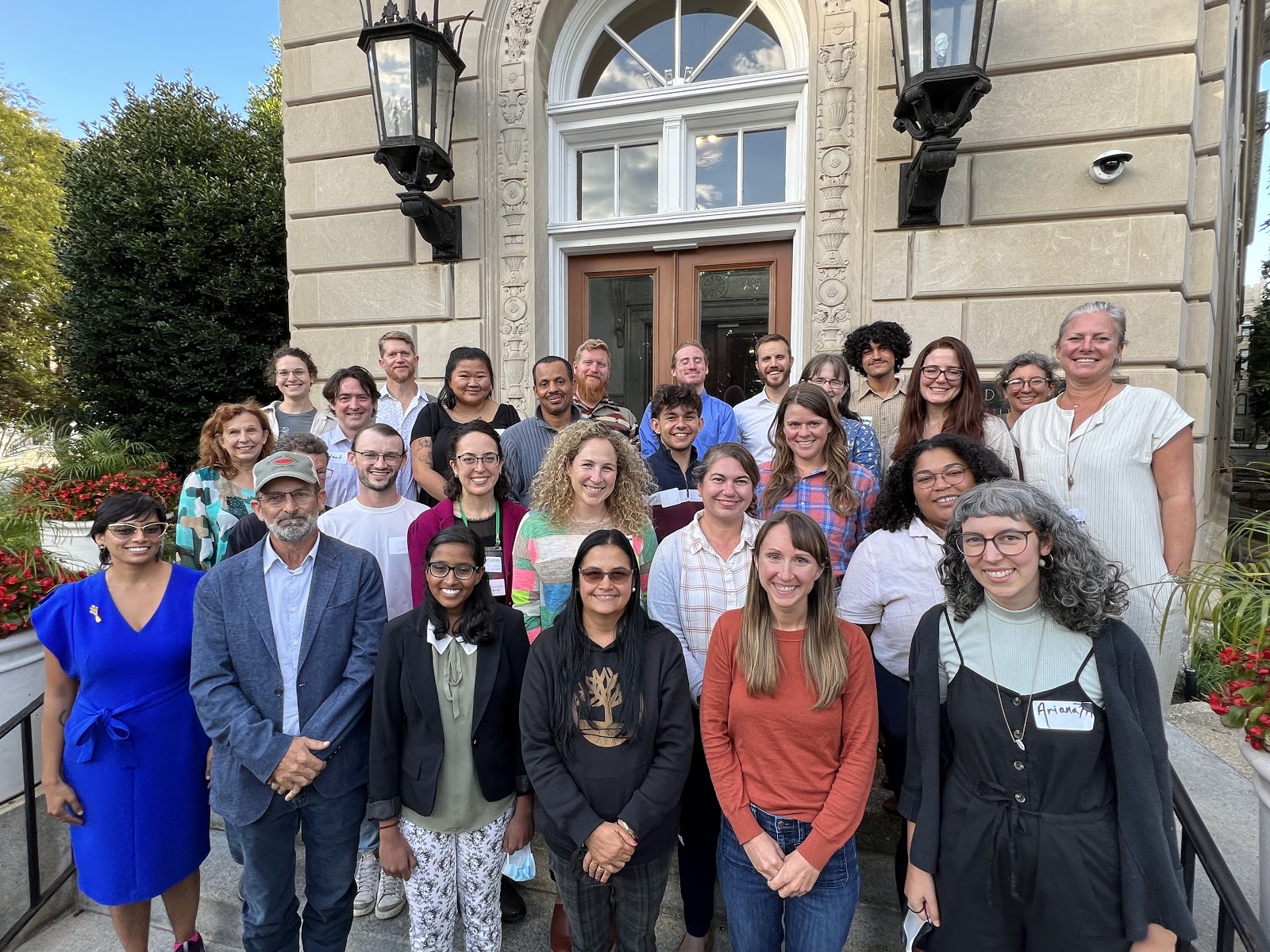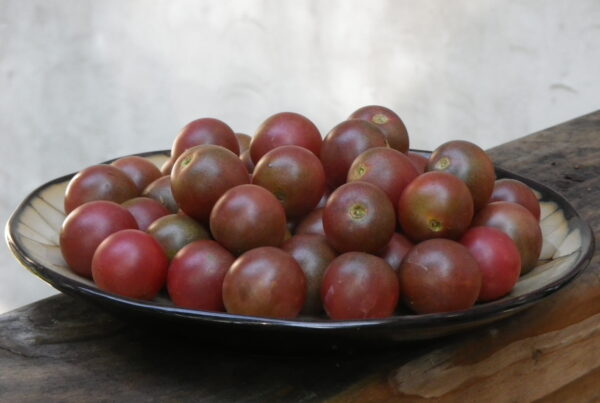Farm Bill 2023 kicks off
Advocating for a sustainable 2023 Farm Bill
During the final week in September, the National Sustainable Agriculture Coalition (NSAC) coordinated a farmer fly-in to Capitol Hill, in which producers from ten key states talked with their legislators and their staff about farmer priorities in the upcoming Farm Bill Reauthorization. They advocated for the Agriculture Resilience Act (ARA) designed to help farmers become more resilient to climate disruptions while achieving net-zero GHG emissions, increased funding for the Sustainable Agriculture Research and Education (SARE) program and the Conservation Stewardship Program (CSP), local food systems, and crop insurance reforms.
The 2023 Farm Bill will be a central focus of NSAC work this fall and winter and throughout much of next year. Congress faces a deadline of Sept 30, 2023 when the current Farm Bill expires, so the spring promises to be an especially busy time. While the upcoming election is taking much Congressional attention at this time, the House and Senate agriculture committees began working on the new Farm Bill during September and will pick up after the election.
Watch for 2023 Farm Bill updates in coming monthly e-newsletters. Featured Photo: Farmers and Advocates from the September 2022 NSAC Farmer Fly-in
March 6 – 8, 2023 – mark your calendars!
The National Sustainable Agriculture Coalition (NSAC) and several member groups are planning a farmers’ rally in Washington DC to urge and support Congress to write a Farm Bill that addresses the climate crisis in agriculture head-on, and provides farmers with the tools and resources they need to make their operations more resilient to the impacts of climate change and to become part of the solution. Top-level advocacy objectives include:
- Farmer-led climate solutions
- Promoting racial justice throughout the Farm Bill
- Solutions that serve communities, not corporations.
The event will combine a peaceful and respectful rally, march, and demonstration of regenerative, climate-friendly agricultural practices with an opportunity for farmers to lobby their Senators and Representatives (or their staff) through in-person visits on Capitol Hill. The approximate schedule includes:
- Monday March 6, afternoon and evening – opening reception
- Tuesday March 7, morning – advocacy training
- Tuesday March 7, afternoon and evening – march, rally, Farm Aid concert
- Wednesday March 8 – press event featuring farmer stories followed by Hill visits
With our comparative proximity to Washington, DC, this will give VABF farmer members and other stakeholders a golden opportunity to bring our message and concerns to our Members of Congress and to join in a mass demonstration of our common desire to heal the land, stabilize the climate, and build an equitable food system through a better Farm Bill for 2023.
Big win: paperwork burdens greatly reduced!
Several years ago, the USDA Risk Management Agency (RMA) introduced a new Whole Farm Revenue Program (WFRP) designed to insure an entire farming operation rather than a single crop species. WFRP promised to incentivize farm diversification and to provide a viable insurance plan for smaller scale, diversified, vegetable and multi-enterprise operations. However, complex recordkeeping requirements and other problems have hindered the program’s efficacy and deterred enrollment.
This fall, the USDA adopted several important, NSAC-recommended provisions that greatly reduced paperwork and made the program more accessible to both small and midsize farming operations.
On October 18, the USDA announced the first phase of implementation of Section 22006 of the Inflation Reduction Act (IRA), which provides $3.1 billion in funding for USDA to provide debt relief to producers whose operations are at risk from inability to meet debt obligations. USDA released the first $800 million in relief, assisting over 13,000 borrowers. Additional funds will be disbursed in the near future to help more borrowers. This is excellent news for farmers who will now be able to stay on the land and stay in business. For more information, see the NSAC blog post and the Farmers’ Legal Action Group publication Farmers’ Guide to the IRA.
The USDA is offering $350 million in funding for projects designed to improve access to land, capital, and markets for historically underserved producers, and another $200 million for training the next generation of agricultural scientists and professionals in minority-serving institutions. Click here for more information on these programs.
Proposal Deadline November 22, 2022
The USDA Agricultural Marketing Service (AMS) has announced $360 million in pandemic recovery funding for the establishment of six or more Regional Food Business Centers charged with providing coordination, technical assistance, and capacity building for small and midsize farms and food businesses that were adversely impacted by covid-19. USDA is prioritizing three regions of high need – counties on the US-Mexico border, the Mississippi Delta and Southeast, and Appalachia – and a nationwide Tribal Food Business Center. Additional regional centers (regions to be determined) will also be established.
Eligible applicants include partnerships of three or more entities from two or more of the following categories: producer networks or associations, food councils, tribal governments, state agencies or regional authorities, institutions of higher learning, nonprofits, and economic development corporations. Awards to the newly establishing Centers will range from $15 million to $50 million over a five-year period.
$40 Million available for nutrient management grants
The USDA Natural Resources Conservation Service (NRCS) is again offering its Regional Conservation Partnership Program (RCPP) for Fiscal Year 2023. New this year: some of the funds will be disbursed as grants to the applicant organization, rather than partnership agreements between NRCS and the applicant. The focus is on nutrient management for water quality, soil health, and other environmental benefits. Deadline for applications is October 31.






